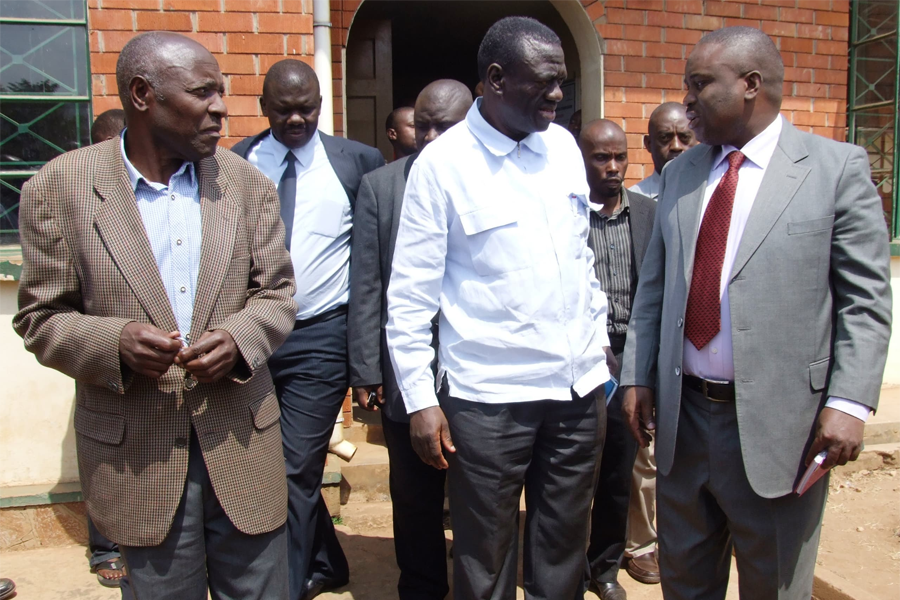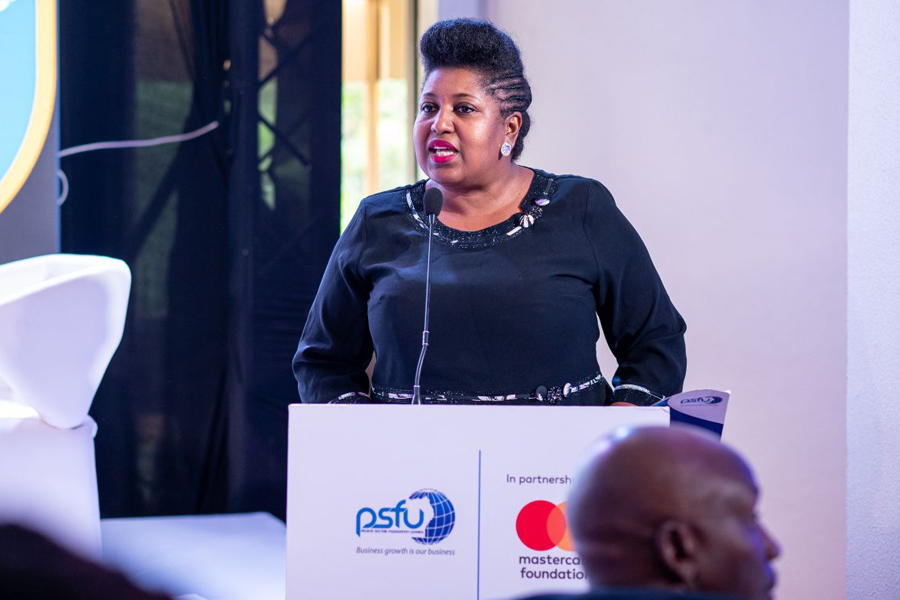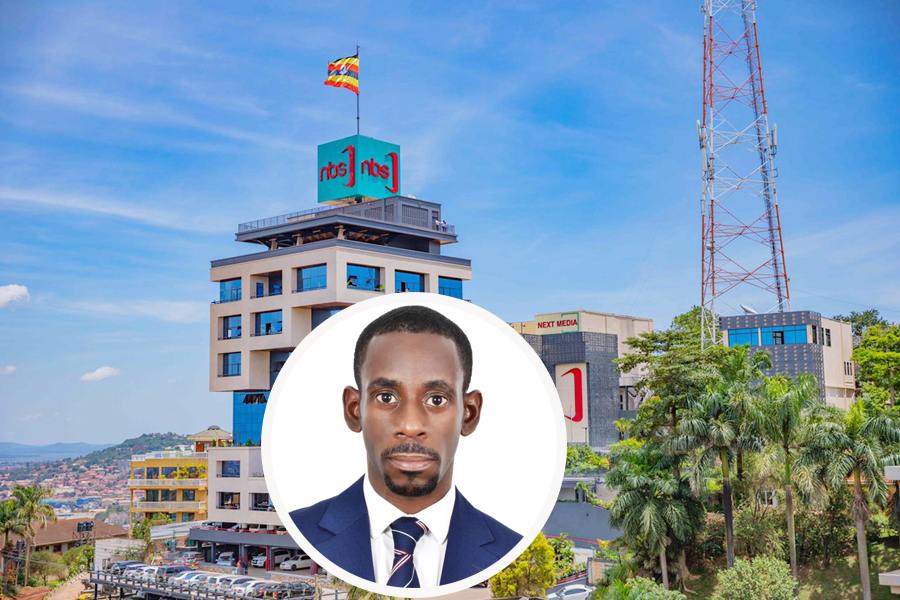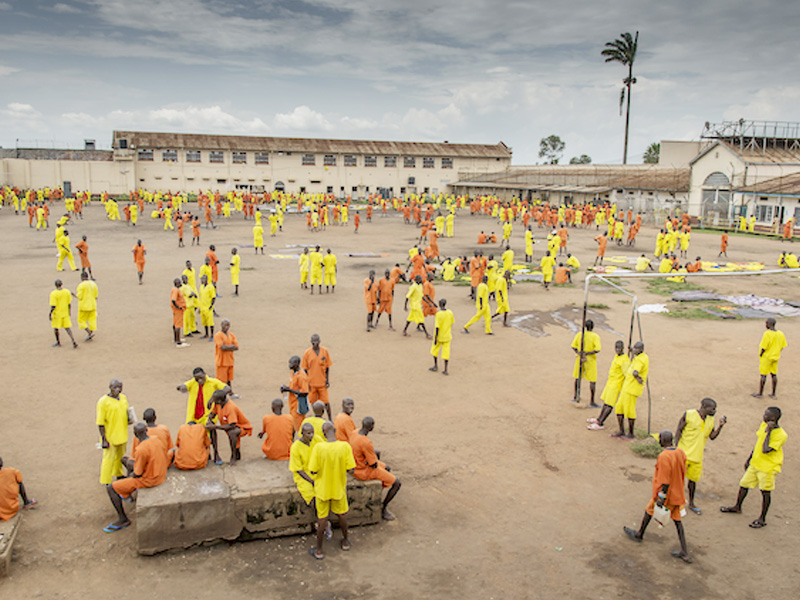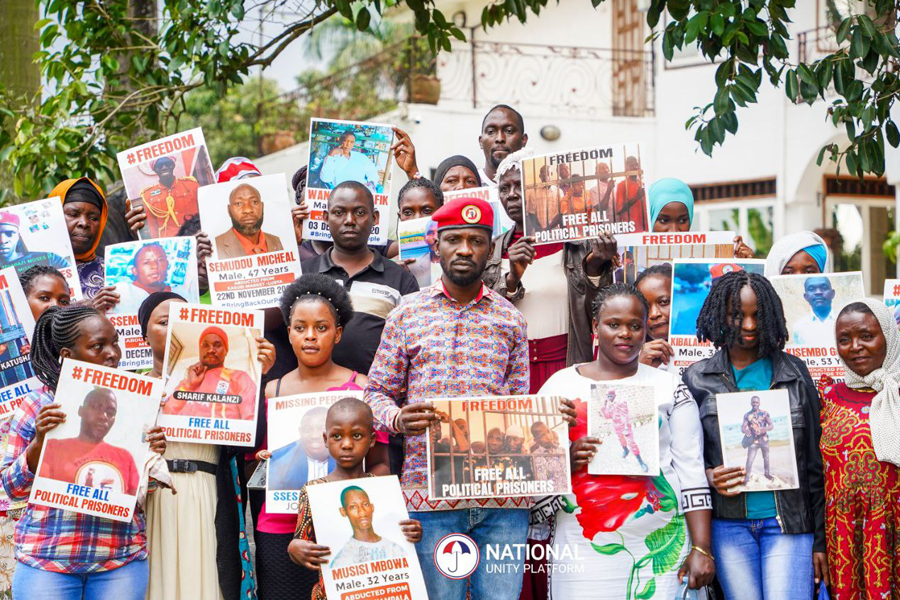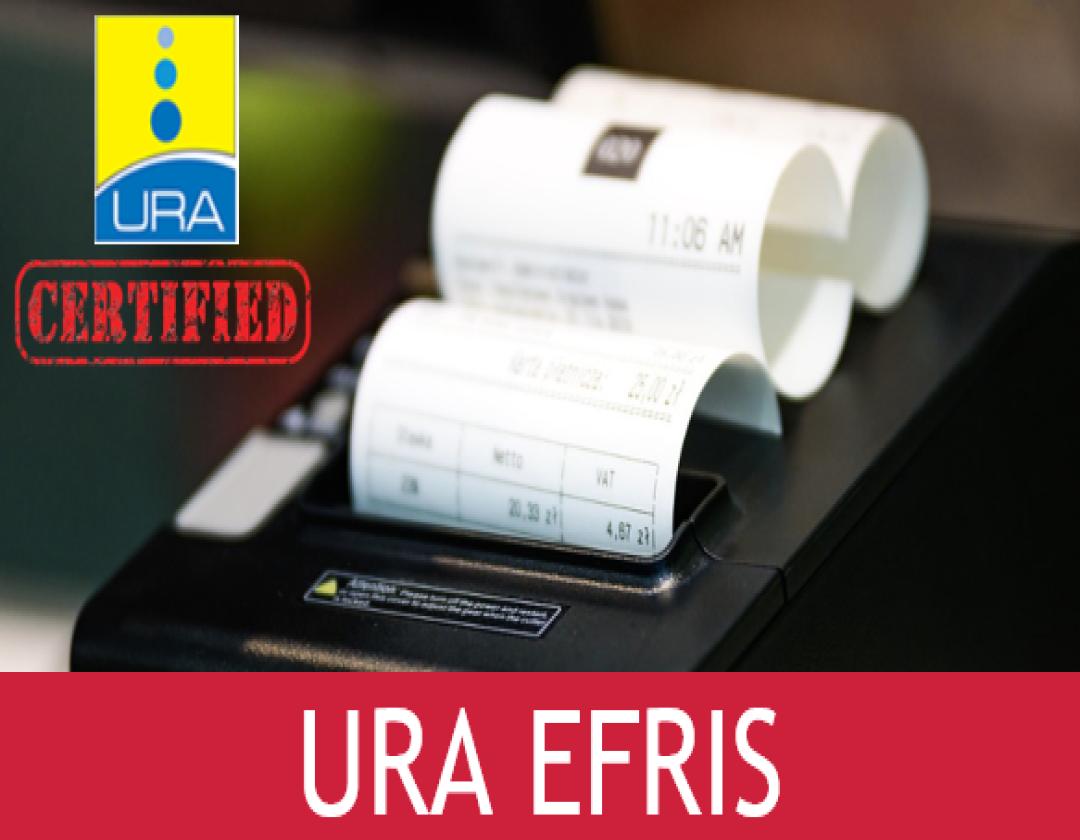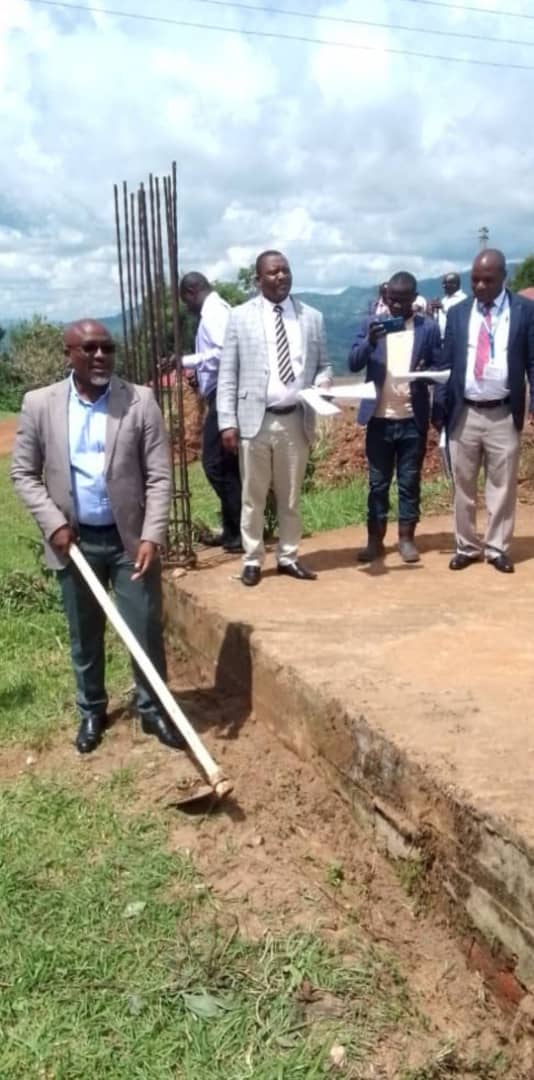Umeme has demonstrated that talent transfer can happen in Uganda
Although there have been mixed reactions to Umeme’s performance over the last 17 years, the company believes that it has made remarkable progress in the energy sector as its contract with the government come to an end.
The power distributor holds a 20-year concession from the government and its natural term expires on March 30, 2025.
Keep Reading
While appearing on NBS Business Perspective, Patrick Bitature, a businessman who also doubles as the chairman for Umeme said the company has done its best in the energy.
Excerpts below:
*******************************
UMEME has been operating in Uganda for nearly 18 years; can you tell us about your experience?
I have been the chairman for UMEME for almost 12 years. It has been a pleasure to be at the helm of this company and I think it is a good example in Uganda of a private company doing business that is traditionally done by the public sector, doing it well, progressively and improving continuously, and then handing it back over to the public sector in a good condition.
We are touted as probably as the best example in Africa, of such a public utility and leading it, showing good corporate governance, dealing with all the challenges of collecting money and almost being seen as a tax collector, ‘you are not a favorite company, you are seen at the beginning as one of the most corrupt companies’ but slowly changing that image.
‘I can't use the word reliable yet, we are not yet that reliable. We need to do a little bit more to reach that point where we are known as a reliable company but many people began to understand that many of the shortcomings that we have are not fought on our own.
We are only in the distribution sector. When there is no power half the time, it is because it is a problem with generation or a problem with transmission or occasionally it is a problem with distribution and we have done our best to try to alleviate the pain of many of the pains people are experiencing along the distribution area. It means investing a lot of money, it means having the ability to attract that kind of money and invest it responsibly.
It means, giving the investors or the lenders back their money, their fair pound of flesh. If you are a shareholder or even a lender or institution. So, we have had to balance very many stakeholders but the most important stakeholder to us is the customer. The customer has always come first and we have always tried to focus on what the customer wants and respond to them. At times, we have got a restricted envelope so you cannot do all the things you want and we have to work with the regulator, you have to work with the government; you have to work with so many other stakeholders but the primary goal has always been the customer.
Has this journey been fulfilling in terms of service delivery in the energy sector as we near the end of the concession?
I think to a large extent, yes. It is very rewarding to see the progress we have made and the other times when as soon as power would go off, people just went on with their life. We got used to power outages all the time and they stay for a long time; five or six hours and no one wouldn’t blink because they know that was the state of the country. Today when power goes off, everybody's up in arms, Umeme what is happening? Everyone sends messages and they expect us to respond instantaneously, especially because of the rain, when it was raining, there was a pattern where power could go off because most of our distribution lines are overhead lights and with the branches and trees falling on the line, we had so many interruptions.
We have to maintain these lines and cut trees and branches across the country, trying to make sure that we mitigate or we minimise the amount of damage or downtime of our grid. So slowly, we have done a lot of things to improve this.
It was a labour-intensive exercise at the beginning. We had a system of people coming in to pay and then being disconnected if they don't pay and then reconnecting them after they have paid. There was a lot of room for corruption, we have streamlined that and most people now are on prepaid. So, you come and pay in advance that means investing and if you think about investing a million meters and each meter cost, let's say, $100 that is a hundred billion dollars investment that you have to make just as capex before you start recovering it.
So, we have had to do a lot of things to make sure we don't put too much pain on the tariff, we don't inconvenience the customer too much because collecting electricity bills is a responsibility. If you don't collect that money, the generation will not be paid, the transmission will not be paid, we cannot develop our country, we cannot industrialise, all the good programs the government has will simply not be fulfilled. So, we have had to keep all these things in mind and try to deliver a balanced view, holistic picture.
As of today, Umeme's total assets amount to over 2.664 trillion shillings (US$706). What plans do you have for such assets in terms of transfer?
From the beginning we had a very good concession and the people that put this down or cast this down in stone thought of very many things, it is really hard for somebody to plan for any eventuality, 20 years in the future but they wrote a concession that was quite solid. It protected the investor, it protected the government, it was a win-win document, very well crafted. Many people felt it was in favour of the concessionaire, but I think it was a very balanced document.
It kept us interested enough and it gave us incentive. It made sure we perform and we are only rewarded for good performance, and when we do not perform, we are penalised and it has got to be win -win. So, the government signed this document 20 years ago, it has protected us up to today and all the assets that we have acquired or reinvested, we shall transfer them back to the government at the end of the concession. It is very clear and that concession is a well written document.
So come 30th of March, 2025 when our concession ends, the government has 30 days in which to pay us for any underapreciated assets which we have not recovered. We shall have done a reconciliation exercise with all the stakeholders to make sure we have a common number and that is the number to be paid and that money should now be paid first to the bankers. If we have any outstanding money to the banks and then to the shareholders because it is shareholders money and then we part ways amicably.
Yes, the tariff is high but mainly for many other reasons and we were driven by an incentive, some profits in your business model. If the government doesn't want any profit in the distribution like they take no profit in the transmission, that will be okay. The Tariff will come down if they find that they can generate power themselves rather than allowing private sector players to generate power and then they take out the element of profit, that is also okay.
What are your thoughts on UMEME ending its eight-year marriage with Uganda?
It's a good thing to see a company that was brought in to do something we thought we cannot do as local people. So, when we came in and took the helm and built a team mainly Ugandans but also had several expatriates, then we slowly train the people, set in a culture, replaced all the expatriates at the board and management and run the way down, so we are truly now, a Ugandan company.
We still have a couple of expatriates but those don't really count, the percentage is low on the board and I think we have one expatriate in management from Zimbabwe, but that is neither here nor there right now. So, it's truly a Ugandan company. It shows that transfer of knowledge can happen, mindset change can happen because the corruption that is rampant in many of these institutions where there's a lot of money, we have largely kept steered clear of it. We have tried to mitigate that as much as possible by having a zero-tolerance policy.
Yes, there are probably bad elements here and there, when you have over 3,000 employees, somebody might be errant but largely we are running a clean company. People are proud to work in Umeme. We are able to attract a good crop of people that CVs come to us. They are the very best of Ugandans trying to apply for a job now in Umeme or to be on the board. So, it shows that you have done something right now, that is very rewarding.
What do you envisage for Uganda without UMEME in terms of power stability?
I think the biggest problem is there wasn't enough power and people didn’t realise that at the beginning. We are just not generating enough power and that is where the problem has always been. We seem to get enough power that the demand grows beyond generation and they would fall behind. Now that the government has focused seriously on roads and sorted that out largely the infrastructure across the country. Kampala is yet to be done, energy they have invested heavily in generation of electricity with Karuma and Nsimba and probably would begin another major project soon.
So, we have a lot of headroom now. So, our problem should not be a shortage of power. The problem now is making it affordable and that is what the government is focused on, especially to the industry, so that we can create jobs. So, I think we are on the right track. I am not worried about the future whoever we hand over this grid to, the network will be handed over most likely to a new company, they may have some teething problems at the beginning, trying to run up to scale. They may absorb a lot of our staff. I think many of them will be willing to transfer if they are well remunerated.
So, they shouldn't really be a hiccup. Our goal is to make this transition as smooth as possible, the customers should not feel that there has been a change. Most people are on prepaid anyway, so they all come and pay for the electricity bill, the platform will be working, all intellectual property should be transferred, the better staff, the engineers, the technical team who know the area, know the network, they should be transferred. It would be the right thing for the government to absorb them and then see how they transition and if they don't want them in due course, they can retire them or lay them off but I think it should be as smooth as possible. I think that is the intention of the government.
What plan do you have for the staff as you exit the market?
Yes, our contracts will all expire at the end of 2025 because legally we cannot have any contract going beyond that period however, we are hoping in the negotiation that is going to start now, they may choose to find a middle ground, how they can help and transition with most of our stuff. So, there is a seamless transition rather than trying to begin a whole new process of hiring everybody. Many of these can be passed on and they begin in the new company, with new contracts, even if they are on probation or shorter terms, until they are confirmed.
What has been challenging while distributing power?
We had a lot of challenges along the way. At the beginning it was corruption. That was probably one of the biggest problems and we have to deal with it internally and externally and we have to build a relationship with the government, with the courts, with the magistrates and with the system so that we can fast-track some of these cases.
The penalties were too low and so people just were doing whatever they wanted on the grid with impunity and if you catch them, you report them to the police and they are let out the next day and the fines were so small. So, we have worked with the stakeholders and the punishment has been raised. So, people are beginning to respect that the infrastructure is for their own good. Also raising awareness to people that this infrastructure belongs to the country.
You are not stealing from Umeme, you are stealing from yourself when you do this, and those who don't pay for electricity are passing that burden onto those who are paying for the electricity because we still have to recover that money. Those are some of the challenges
Lately, we have seen challenges of vandalism. Some people are deliberately sabotaging us by cutting down the poles, cutting down the towers and causing an inconvenience. These are cowardly acts. Eventually most of these people are going to be caught. You can do it once and get away with it, you do it twice or three times but you will definitely be arrested.
The government is very alert and the local systems we have of LCs and local intelligence will soon pick these people out. So, I am not too worried about this. This will also pass. So, our challenges have been things like the shareholders, we do well, perform well, the stock price goes down. So, our price was 180 shillings which was really below the market listing price of 270. I am glad to say we are back to 300 Shillings and probably it will keep rising because people are beginning to see us for what we deserve. A company that does well should be rewarded well and it should reflect in the price. Unfortunately here it was almost the opposite and so that is coming to an end. I think people are beginning to appreciate that we have run a good company.
We have done a good job under the circumstances. There is always room to do better of course, but also, they have got to understand that we don’t set the tariff.
We buy power from UETCL at about price and we give a small margin, set by the regulator and we have got to sell and perform within that margin. We have got to make sure we collect 99% of that revenue and we have done very well to maintain 99%. We have got to bring down the losses and manage the grid, as well as possible. So, we are given some specific targets which we should try to stick to and that is how we are compensated.
Your final message to the UMEME staff as well as the new distribution company
I would like to thank the staff at Umeme. The top management probably does know that I really appreciate them. I have been on the board of several companies and probably Umeme is the one that has given me the most pleasure. It is interesting. It's challenging when we have our board meetings, you really have to delve into the matters. You go into the matters, deal with them and come out stronger.
So, I want to pass my gratitude from today and until the last day I will be thanking the Umeme staff for doing what they do. Keep doing that job, do it to the best of your ability. Whether you are just cleaning one of the floors in Umeme offices, or you are a senior engineer, do it to the best of your ability and you will be recognised for your good effort that is so important and those who were supposed to rise I think they have risen. A few people who maybe should have worked extremely hard, and have not been recognised, I apologise. But I hope that we keep building and we walk to the very last day and make Umeme’s name remain a name with a legacy in Uganda.


